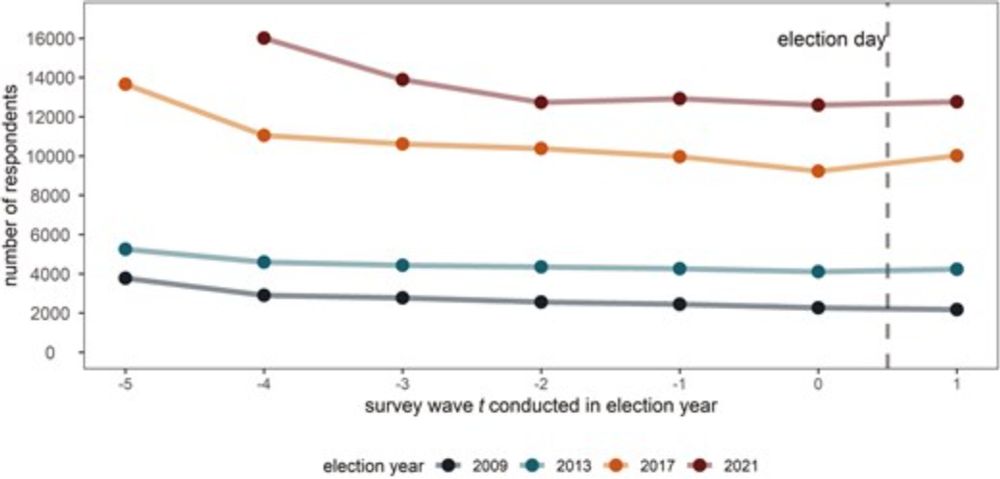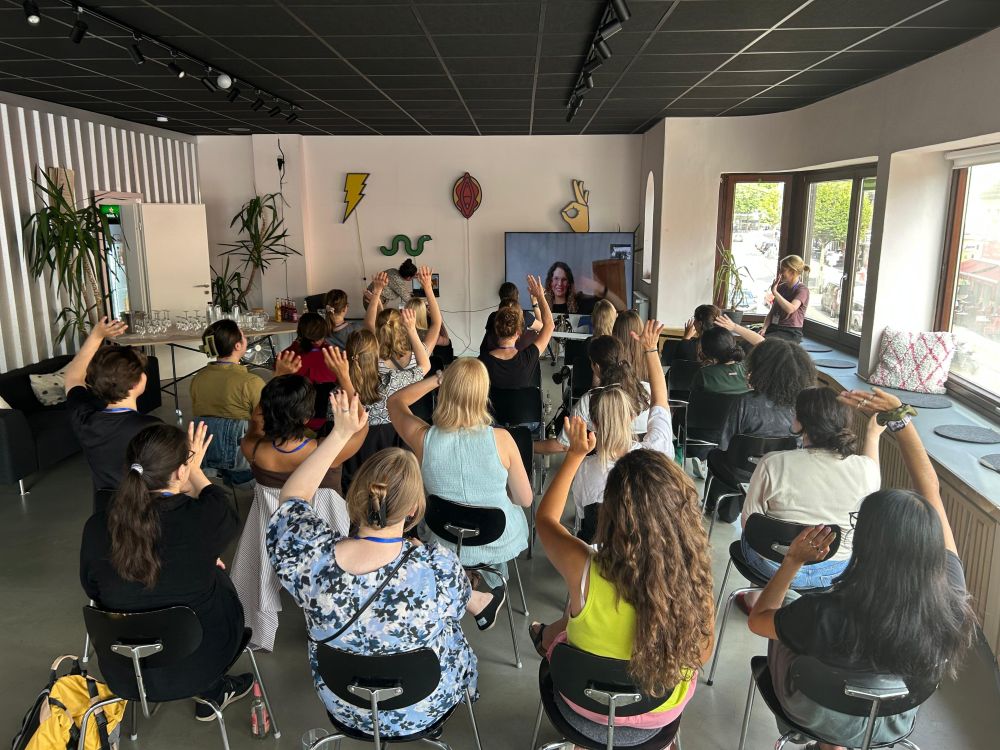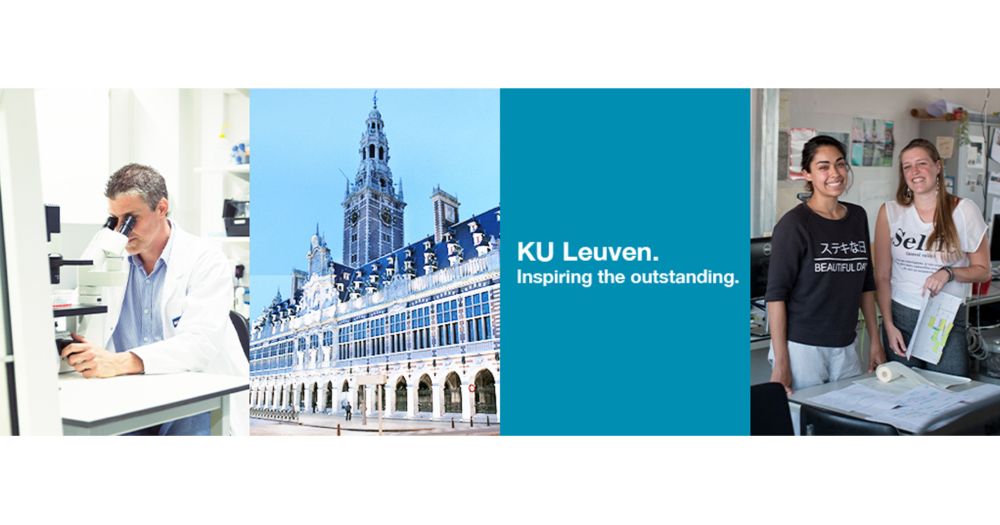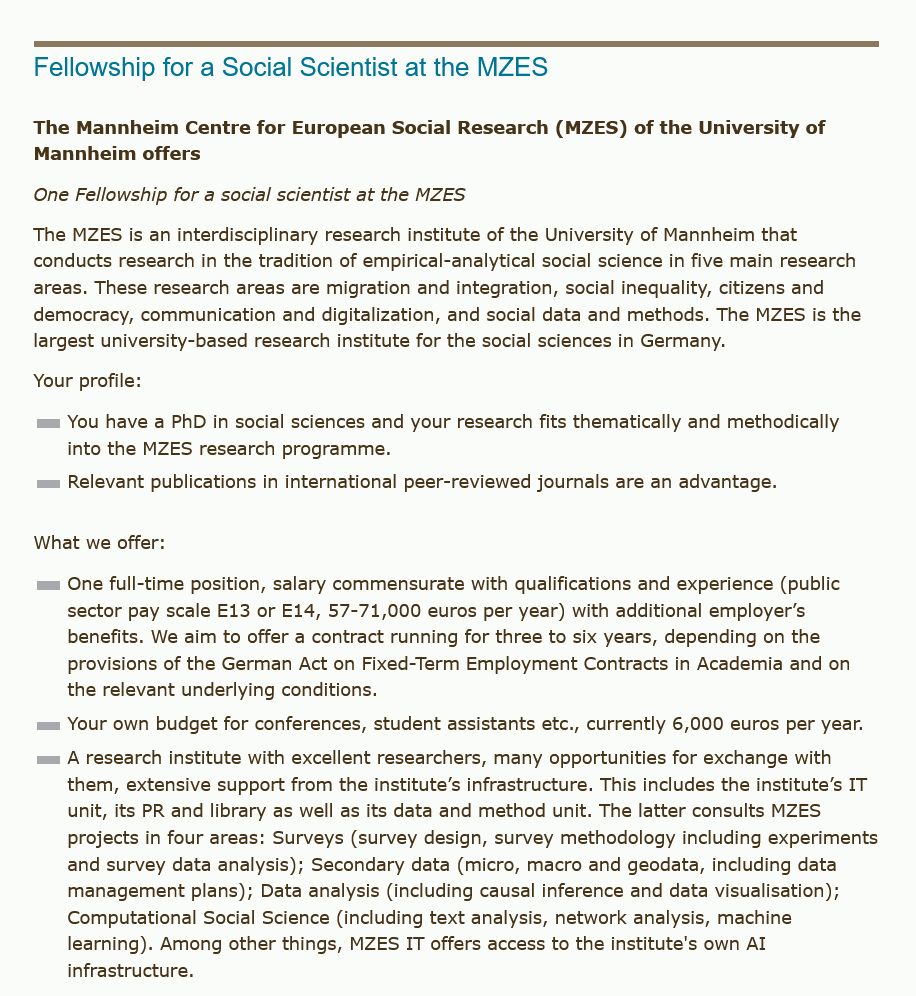Hannah Rajski
@hannahrajski.bsky.social
210 followers
230 following
9 posts
📈 Election forecasting & vote expectations in 🇩🇪 | Zweitstimme.org | PhD student @mzesunimannheim.bsky.social
👩💼 she/her
Posts
Media
Videos
Starter Packs
Reposted by Hannah Rajski
Reposted by Hannah Rajski
Reposted by Hannah Rajski
Reposted by Hannah Rajski
Reposted by Hannah Rajski
EPSS
@epssnet.bsky.social
· Aug 7
Reposted by Hannah Rajski
Hannah Rajski
@hannahrajski.bsky.social
· Jul 23
Hannah Rajski
@hannahrajski.bsky.social
· Jul 23
Hannah Rajski
@hannahrajski.bsky.social
· Jul 22
Hannah Rajski
@hannahrajski.bsky.social
· Jun 27
Reposted by Hannah Rajski
EPSS
@epssnet.bsky.social
· Jun 26
Reposted by Hannah Rajski
Klara Müller
@klaramueller.bsky.social
· Jun 23

Survey Nonresponse After Elections: Investigating the Role of Winner-Loser Effects in Panel Attrition
Abstract. When and for whom do election outcomes drive survey nonresponse? This paper investigates whether belonging to the winners or losers of an electio
academic.oup.com
Reposted by Hannah Rajski
Reposted by Hannah Rajski
Reposted by Hannah Rajski
Reposted by Hannah Rajski
Reposted by Hannah Rajski
Reposted by Hannah Rajski
Reposted by Hannah Rajski
Hannah Rajski
@hannahrajski.bsky.social
· Feb 25
Wie gut waren die Bürger:innenprognosen?
Nach der Wahl ist die Zeit gekommen, unsere Bürger:innenprognosen
zu evaluieren. Wie nah lagen die Bürger:innen am tatsächlichen Wahlergebnis?
Überblick
Bei den Zweitstimmen war die Bürger:innenprogno...
zweitstimme.org
Reposted by Hannah Rajski



















